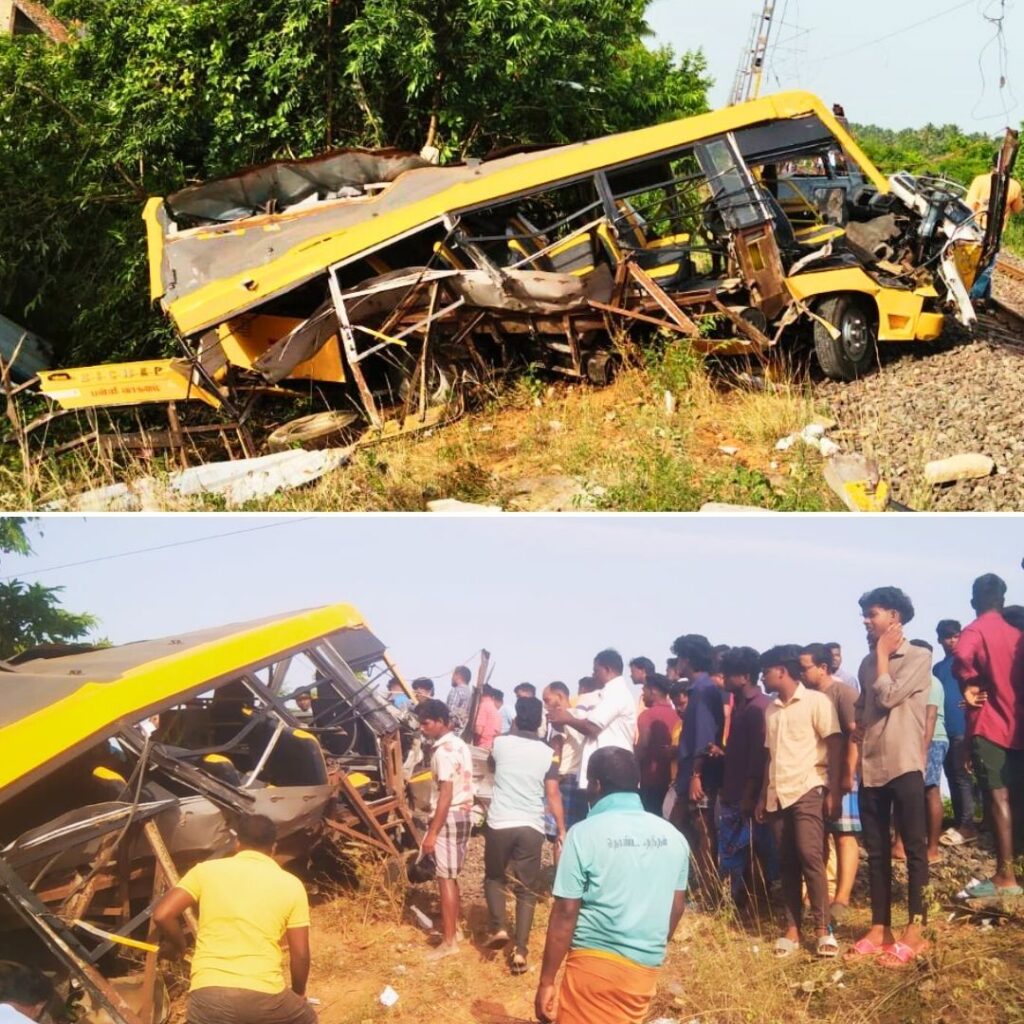Babarao is on the verge of being driven out of his home, a forested patch in this part of Vidarbha (Aamgaon, Wardha district of Maharashtra). Reason: forest conservation. The elderly man was annoyed by the approach of the forest department and authorities who feel that people are and should not be part of the ecosystem.
Elitist conservation effort?
I had an opportunity over the past few months to interact with the pastoralists – traditional herders or cattle keepers – in and around Vidarbha on the challenges they face in the context of changing climate and demography, vis-a-vis a modern development paradigm. And each time I heard a new group, I was convinced the situation was more or less the same. All the people with whom I interacted repeated the same story “the forest department and urban people’s quest of Tiger conservation is paving way for so many socio-economic problems, same forest department who doesn’t even know the actual scientific meaning of Forest or Jungle”.
A Forest or a Jungle is an area which is a habitat for different plants and trees, on the other hand, the forest department does plantation (farming) of teakwood and call it as a jungle. On this line, even the orange farms and mango farms can also be termed as forest. Mango or other trees at least provide food and other things to various species, whereas the teakwood neither provides food to anyone nor it let any other plant to grow nearby it. Teakwood affects soil fertility and consumes a huge amount of water, and thus destroying the whole jungle.
Also, the forest department does not allow cattle to graze in jungles which results in uncontrolled growth of plants like Lanterna and Hipties. And these plants and teakwood leaves are not suited for grazing at all and helplessness due to hunger forces wild animals to go out of jungles to raid crops in farms and also invite tiger with them thus fuelling the man-animal conflict. Due to restriction on grazing in the jungle and lack of grasslands cattle do not get enough food resulting in malnutrition, which affects the whole milk economy of the village. Adding to the earlier problem, crop raiding often destroys farmer’s whole crop leaving them off guard with no source to generate money for bread and butter. And in such scenario, these helpless farmers and farm workers migrate to the city, and the irony is we always try to keep the villages and cities in different boxes.
Are we looking at an elitist conservation effort, which excludes both people and umpteen species – small and big – which form part of our grand ecosystem?

For the last 10 million years or so we are walking on this planet called earth happily with fellow 8.7 Million other species. Growing, evolving and scaling new heights. Fortunately or unfortunately we share our home with all the known and unknown species. The very secret of living happily and sharing home with all these species without much of a fuss and casualties is co-living and co-operation. Although many species sit right at the top of the food chain, no species has ever considered itself numero-Uno. Then the greed of humans took over as we tried to take charge of the earth. The problems started arising when human being tried to be the king of this planet, in trying to be which, we forgot that whole earth and all species have evolved to co-exist and not to be ruled by a particular species.
Villages and jungles, farms and grasslands, humans and tigers, cattle and leopards have co-existed since ages. Having evolved together, everything is interlinked and interconnected by so many complex and intrinsic cycles. Due to these complex linkages, we can’t differentiate things into different verticals, as it always has so many different aspects like social, economical, ecological, personal and so on. But we always try too much to differentiate things in different categories completely ignoring the complex connections it shares, by doing so we are leaving most of the issues unattended. Not only by doing so we are leaving issues unattended but we are keeping ourselves away from the core issues which can be the root cause for so many other problems.
What happens when farming system of a village collapses?
When a farming system of a particular village collapses, it not only affects the farmers but also farm workers, small businesses depending on the farm and many other people. Out of unavailability of employment in villages, these people migrate to bigger cities hoping for better employment and wages. This increases the concentration on limited resources available in that particular city. This concentration leads to scarcity of various resources like water, food and shelter and this scarcity of resources then leads to social issues in health, education and many other sectors.
When a village migrates it marks the death of their culture, their language, their dialect. So overall a migration can have so many visible and invisible consequences we cant even imagine. Would there be a need for college-going students teaching children living on pedestrian if villagers don’t migrate to cities? Why people are not able to spend enough on nutrition and health leading to numerous health problems? And then all these socio-economic issues roll out a red carpet for NGOs and other people who make capital of such issues to be in limelight and to get funds from various companies and institutions.
Maybe this is the time we need to have an inclusive approach towards issues of farming, forest conservation and livelihood of people for the better tomorrow or we better be prepared for consequences we can’t even predict.
Also Read: Villagers Face Eviction Near Panna Forest Reserve











